SOURCE
“I feel shame and pain. I ask forgiveness of God,” Pope Francis said
on Friday as he apologized for the “deplorable” abuses of Canada’s First
Nations children.
Between the 1880s and the 1990s, the government ran a system of
compulsory boarding schools which a National Truth and Reconciliation
Commission (TRC) recently dubbed ‘cultural genocide’,” The New York
Times reported. The Catholic church operated about 70 percent of those
schools, where about 150,000 children were placed and “where abuse, both
physical and sexual, was widespread, along with neglect and disease,”
The Times said. A former judge, Murray Sinclair, who headed the
commission, estimated that at least 6,000 children went missing.
The TRC, established as part of a government apology and settlement
over the schools, concluded that at least 4,100 students died from
mistreatment, neglect, disease or accident. The Tk’emlups te Secwepemc
First Nation in British Columbia, using ground penetrating radar,
discovered the remains of 215 of them buried near the Kamloops Indian
Residential School which opened in 1890 and closed in the late 1970s,
The Times reported. “It’s a harsh reality and it’s our truth, it’s our
history,” Chief Rosanne Casimir told a news conference.
Children were also placed with non-Native families, a policy which
Ontario Superior Court Justice Edward Belobaba denounced as he ruled in a
class action lawsuit, The Guardian reported. “There is … no dispute
that great harm was done,” Belobaba wrote. “The ‘scooped’ children lost
contact with their families. They lost their aboriginal language,
culture and identity. Neither the children nor their foster or adoptive
parents were given information about the children’s aboriginal heritage
or about the various educational and other benefits that they were
entitled to receive. The removed children vanished ‘scarcely without a
trace’.”
In Australia, Kevin Rudd, as prime minister, apologized in 2008 for
this "great stain on our nation’s soul." He was referring to more than
100,000 Aboriginal and Torres Strait Islander children being placed in
institutions or foster homes or adopted by nonIndigenous families
between 1900 and 1970.
New Zealand tried to “civilize” Māori children, starting in 1840.
“Boarding schools initially taught in the Māori language but soon
qualified for subsidies only if lessons were in English. By 1960, only
26 percent of children could still speak their native language,” the
Toronto Globe and Mail reported.
Denmark’s Prime Minister Mette Frederiksen apologized for the
treatment of 22 Inuit children from Greenland, then a Danish colony,
more than 70 years ago, Agence France Press reported. Frederiksen told
the six survivors at a ceremony in the Danish capital Copenhagen, “What
you were subjected to was terrible. It was inhumane. It was unfair. And
it was heartless.”
Norway, Sweden and Finland are supporting initiatives to protect the
culture of the Sami people living in Sápmi — formerly Lapland —
following efforts to force them to culturally assimilate, The Guardian
reported.
In the United States, the Trump administration’s seizing of 2,300
refugee children from their parents recalled a history of African and
Indigenous family separation. The Washington Post recalled this tweet
from the African American Research Collaborative: “Official US policy.
Until 1865, rip African American children from their parents. From 1870s
to 1970s, rip Native American children from their parents. Now, rip
children of immigrants and refugees from their parents.” The Post drew
attention to “The Weeping Time” exhibit at the Smithsonian’s National
Museum of African American History and Culture documenting the story of
children sold away from their enslaved families.
The government sent thousands of Indigenous children to government or
government-funded, church-run “Indian schools” between the 1800s and
the 1970s. Richard Pratt, who founded the first one, the Carlisle Indian
School in Pennsylvania on Nov. 1, 1879, described his philosophy as:
“All the Indian there is in the race should be dead. Kill the Indian in
him and save the man.”
“While the government believed a white youth’s ‘moral character and
habits are already formed and welldefined, when he leaves for school, a
Indigenous youth was thought to be ‘born a savage and raised in an
atmosphere of superstition and ignorance’,” The Equal Justice Initiative
reported. “The government believed that ‘if [an Indigenous child] is to
rise from his low estate the germs of a nobler existence must be
implanted in him and cultivated.’”
As the boarding schools began closing, the government launched the
Indian Adoption Project to promote European American adoption of
Indigenous children, Vox reported. “The data showed that 25 to 35
percent of Native children around the country were being taken from
their homes, and that 85 to 95 percent of those kids ended up in
non-Native homes or institutions,” Vox stated.
Elizabeth Williams, who had been sold twice since she last saw her
children, placed an ad in the Christian Recorder newspaper in
Philadelphia in 1866 to try to locate them, The Post said. And Sandy
White Hawk, a Sicangu Lakota adoptee from the Rosebud Reservation in
South Dakota, founded the First Nations Repatriation Institute to help
adoptees reunite with their tribes and families.
WGBH noted in a 2015 documentary that Maine had set up its own TRC –
an approach which South Africa started in 1995 to try to forge unity
after apartheid ended. The commission heard Indigenous testimony such as
this: “All we did was beg for our foster mothers to hug us and say they
loved us. My baby sister and I sat in a tub of bleach one time trying
to convince each other that we’re getting white.”
The struggle continues with a federal lawsuit challenging as racially
discriminatory the 1978 Indian Child Welfare Act (ICWA), which deals
with child separation, filed by a European American couple in Texas,
joined by their state, Indiana and Louisiana. The National Indian Child
Welfare Association says the law addresses a crisis affecting Indigenous
children, families and tribes. Invalidating the ICWA, its supporters
say, would have far-reaching consequences for Indigenous peoples,
including the issue of tribal sovereignty.
Pratt’s racism and White Hawk’s lament notwithstanding, it is hard to
miss the defiance in the song “Drums” written by Peter LaFarge which
Johhny Cash sang 58 years ago:
“And when they think that they’d changed me
Cut my hair to meet their needs
Will they think I’m white or Indian
Quarter blood or just half breed
Let me tell you Mr. teacher
When you say you’ll make me right
In five hundred years of fighting
Not one Indian turned white.”

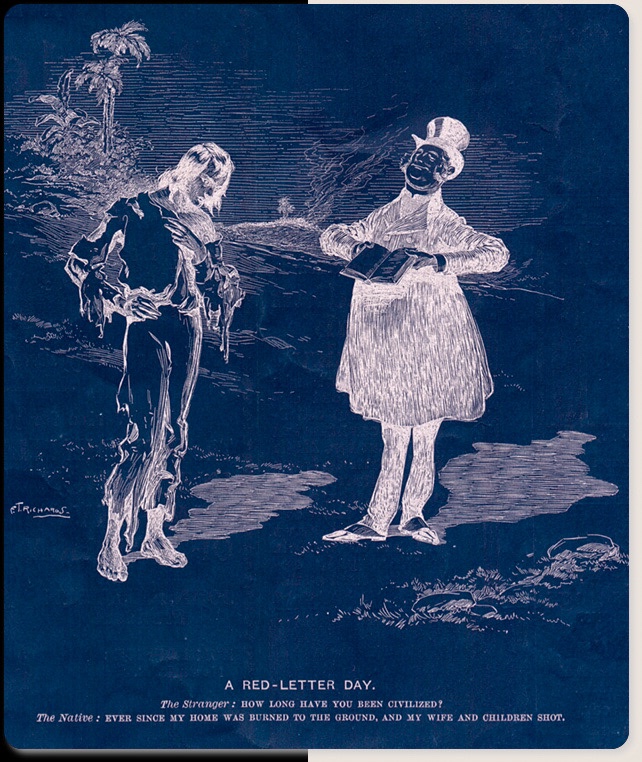

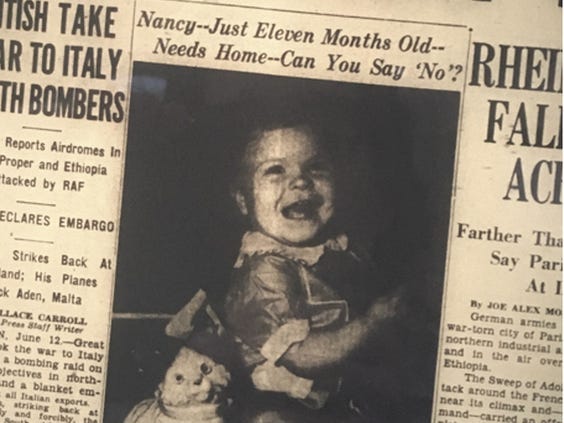
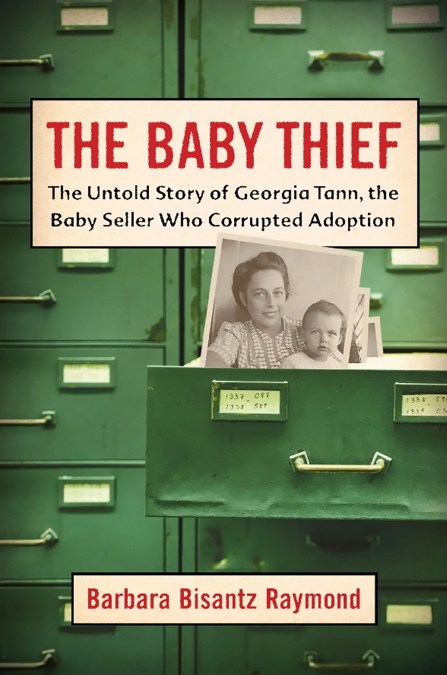

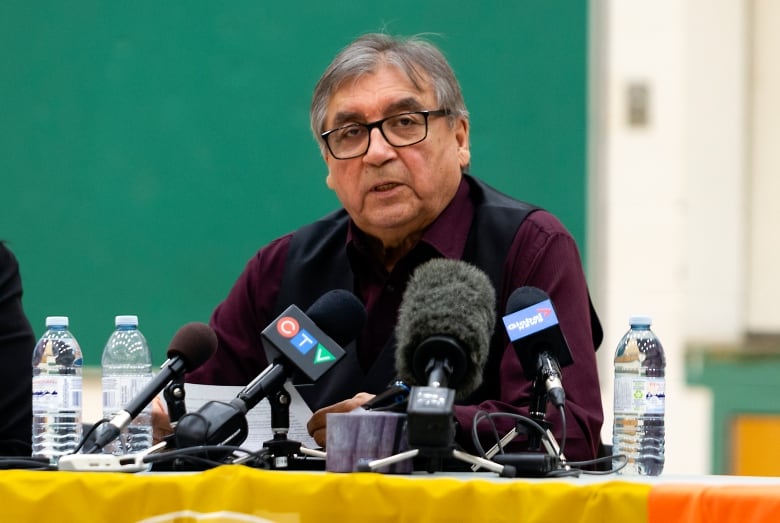







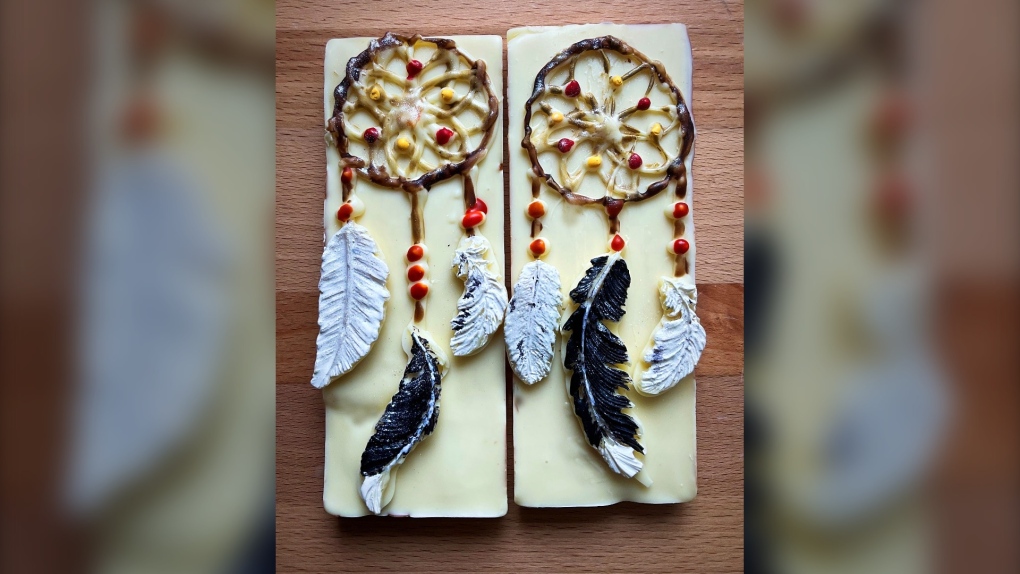





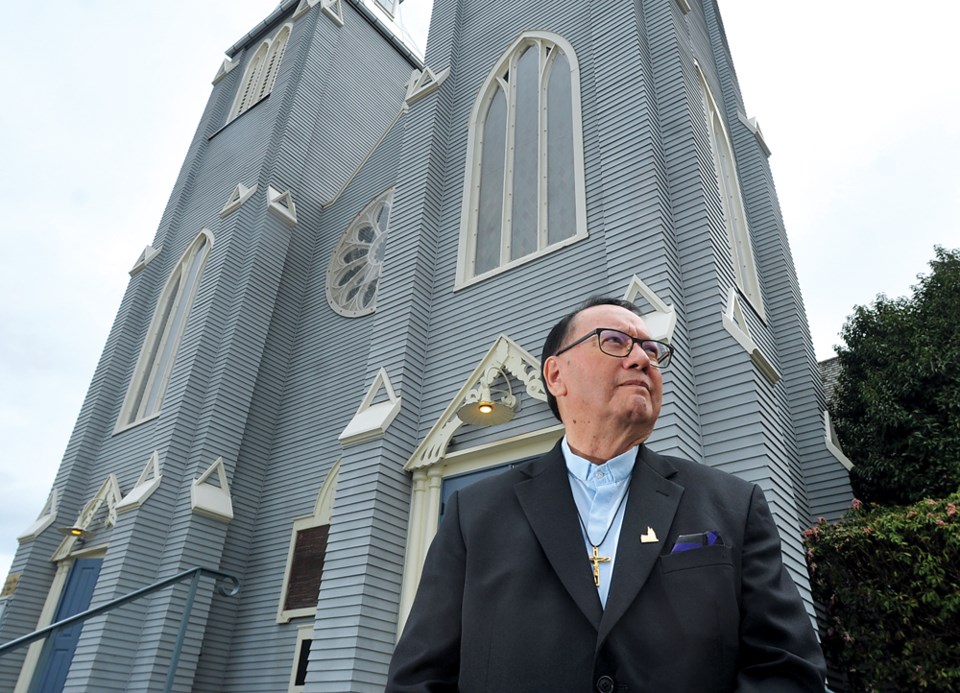

/https://www.thestar.com/content/dam/thestar/news/canada/2022/04/01/popes-apology-a-powerful-gesture-but-unlikely-to-affect-court-cases-in-canada-experts-say/pope.jpg)









